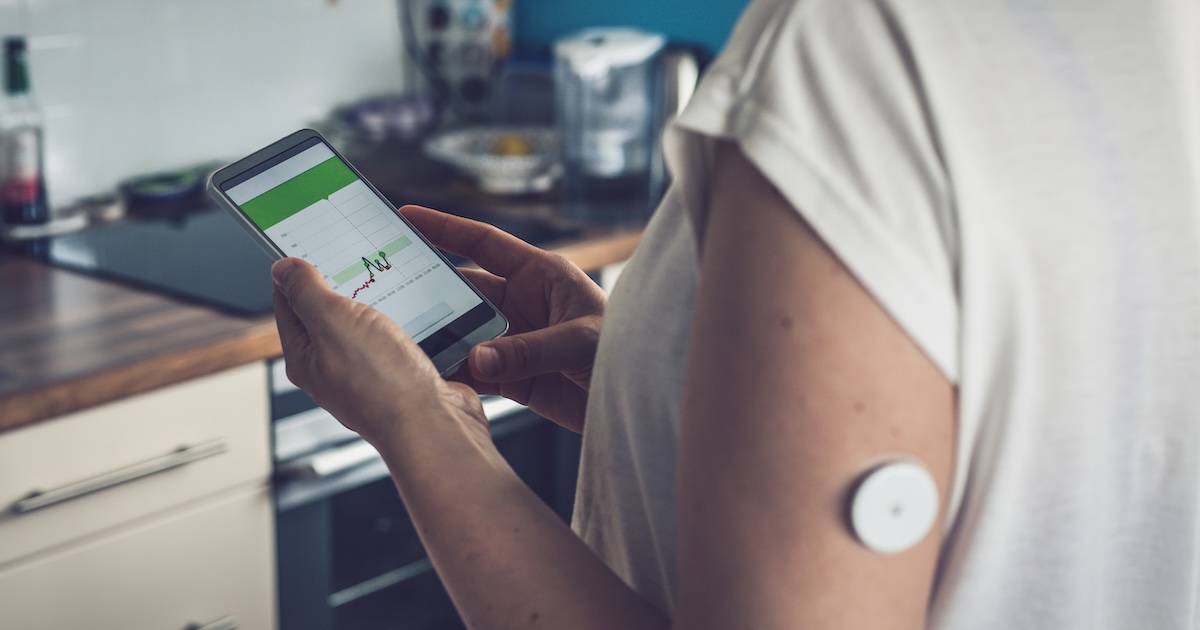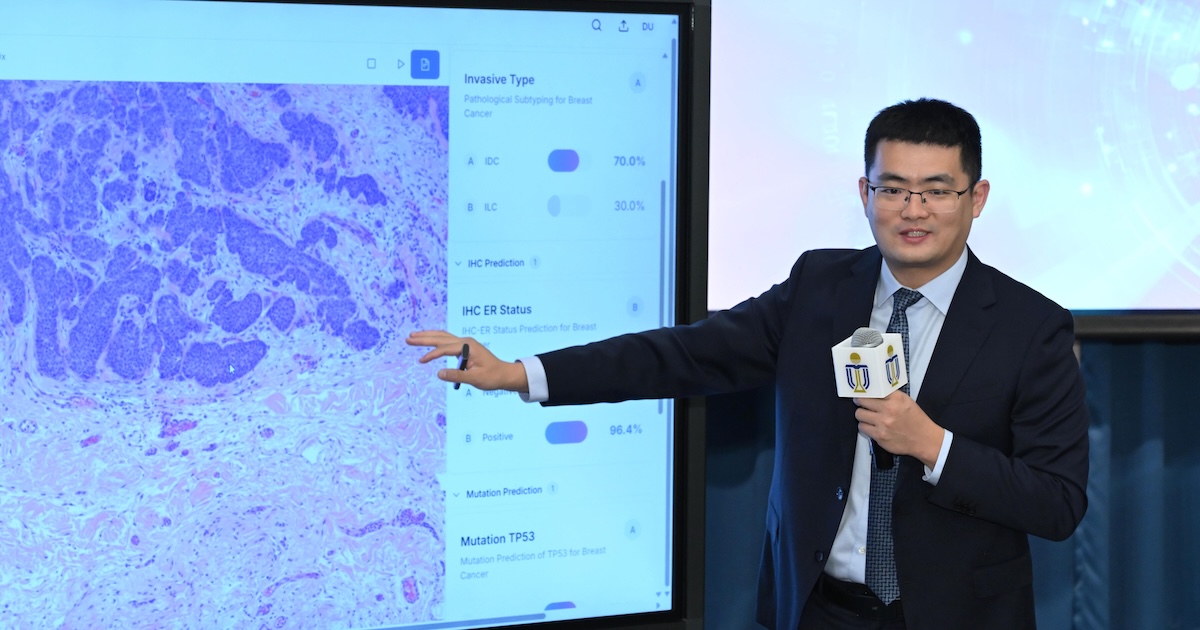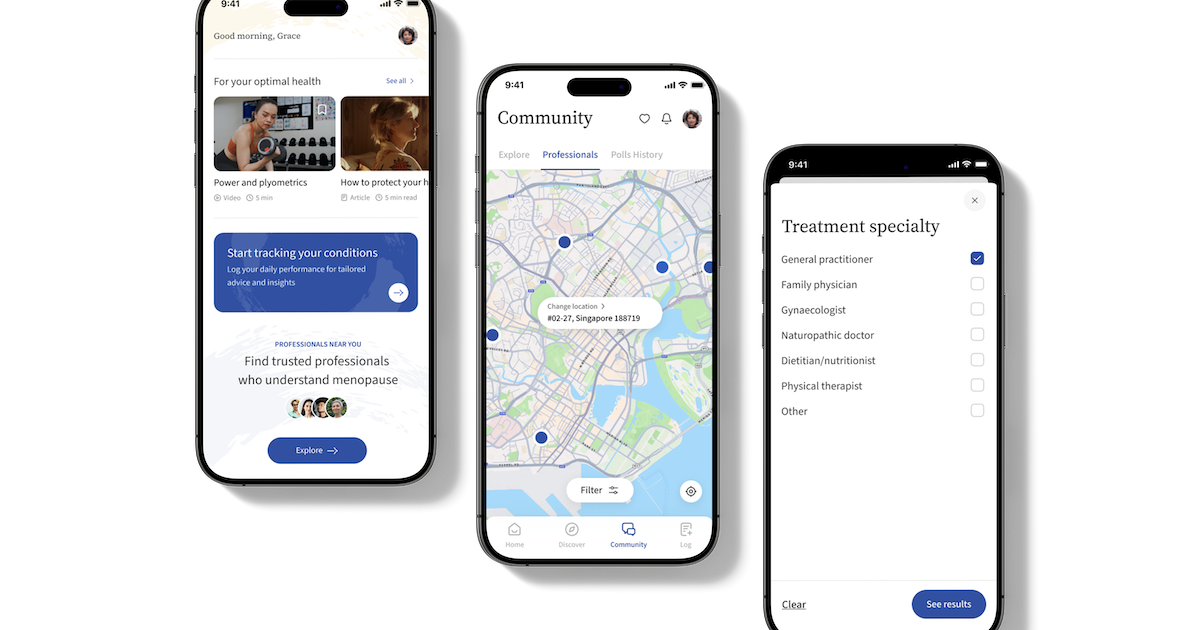
Korean consumers and medical professionals are likely to pay more for mobile health applications for their specific features.
Researchers from Yonsei University and Hankuk University of Foreign Studies conducted a survey study to identify the preferences of chronic disease patients, healthy individuals, and doctors for mobile healthcare service applications. Their findings aimed at supporting the Korean government's accreditation program for these digital applications.
FINDINGS
The study surveyed approximately 1,093 participants aged 20 and above: 97 were physicians, 589 were people with hypertension or diabetes, and 407 were healthy individuals. The respondents were asked to choose based on combinations of different product attributes, and the patterns of their responses were analysed using choice-based conjoint analysis.
The product attributes were adapted from the evaluation criteria of the National Healthcare App Accreditation Program in South Korea. These include the number of studies on effectiveness, frequency of information delivery, cybersecurity and data safety, and user satisfaction. The researchers then added accreditation and cost to the list.
The study, the findings of which have been published in npj Digital Medicine, found that cybersecurity and data safety was the most important attribute across the participant groups, followed by accreditation and studies on effectiveness.
Findings also showed that they were willing to pay approximately $12 more for high cybersecurity and data safety.
"People take cybersecurity and data safety very seriously because healthcare data is sensitive to personal information that must not be compromised," the researchers explained.
Participants, particularly chronic disease patients, were also reportedly willing to pay about $5 more for accreditation.
"[G]iven the ever-increasing number of mobile healthcare apps, individuals may struggle to decide which apps to trust, and government certification can serve as a valuable guide in their decision-making process," the researchers suggested.
The study also found that, by age, participants aged 60 and older showed the highest willingness to pay for apps with accreditation, while their younger counterparts would pay more for apps with robust cybersecurity and data safety and high user satisfaction.
Meanwhile, the study noted that doctors preferred mobile health apps with proven clinical effectiveness and were willing to pay $12.59 more for these.
THE LARGER TREND
A recent international online survey study conducted by Australian researchers also noted people's regard for data privacy and security in their use of digital health tools. The study sought to identify user experiences and attitudes toward sharing their wearable health data with healthcare providers. It found that, indeed, most people with wearable health trackers were willing to share their data with their providers; however, less than half had done so, and most had concerns over privacy and security.


